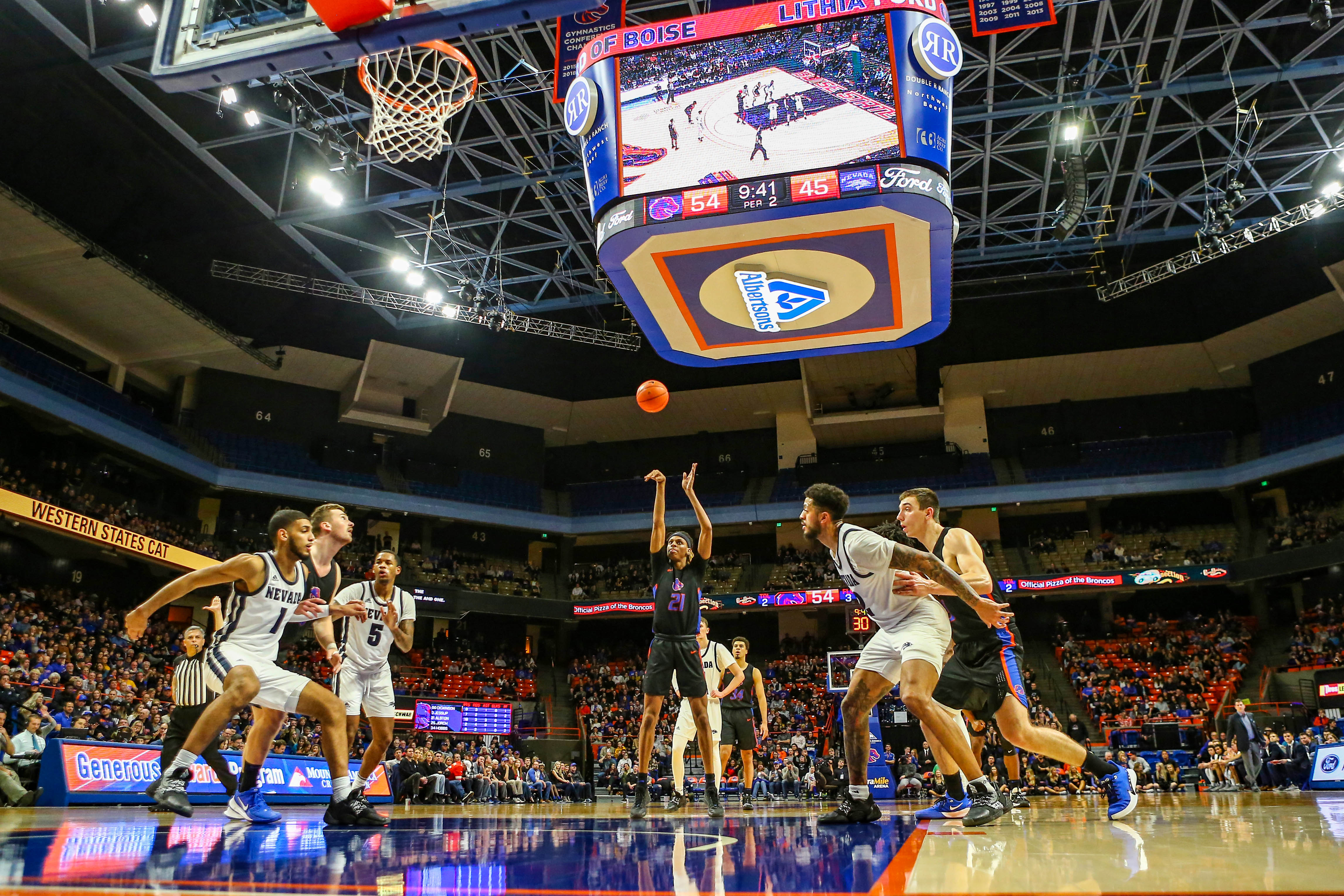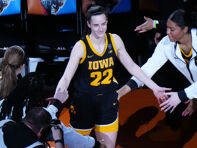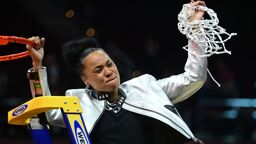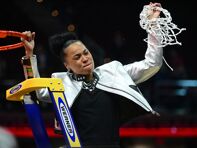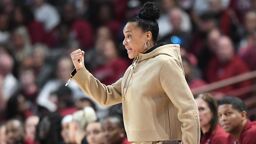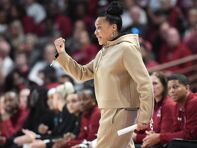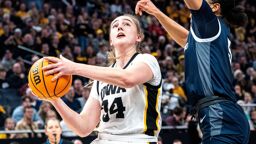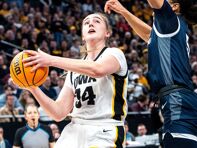The National Collegiate Athletic Association Board of Governors have called a timeout regarding the situation in Idaho, where a new law bans transgender student athletes from competing according to their authentic gender.
The NCAA leadership was scheduled to discuss Idaho’s House Bill 500 at their meeting Tuesday, specifically whether to pull first- and second-round games from ExtraMile Arena next March because of HB500. But as the Idaho State Journal reports, the governors decided to table that decision until its October meeting for two reasons: to see what happens with legal challenges to the law; and in a surprise development, the NCAA revealed that it has launched a review of its own policy on transgender athletes.
Although the NCAA hasn’t backed away from its stance back in June opposing that law, the association’s decision to take a second look at its own trans-affirming policy can only be seen as a victory for opponents of trans inclusion.
“The NCAA is working with national and international groups as it reviews its current transgender athlete policy,” said the NCAA in a statement provided to The Idaho Press. “Inclusion and fairness are the objectives in addressing the complex set of issues. The NCAA Board of Governors will hear an update regarding the policy review at its October meeting as it considers future championship host sites. The NCAA is monitoring the lawsuit involving Idaho Bill 500 and will review the court’s decision when it is made.”
Get off the sidelines and into the game
Our weekly newsletter is packed with everything from locker room chatter to pressing LGBTQ sports issues.
In June, the NCAA released a statement condemning HB500, calling it “harmful to transgender student-athletes and conflicts with the NCAA’s core values of inclusivity, respect and the equitable treatment of all individuals.” Supporters of the law have lobbied the NCAA to resist “bullying” and claim without it, women’s sports will be “destroyed.”
This is a big shift from 2016, when under mounting public pressure, the NCAA moved tournament and championship contests from North Carolina following that state’s own anti-LGBTQ legislation.
The NCAA moved championship and tournament games out of North Carolina due to HB2, a law that curtailed rights for LGBTQ people in the state, including prohibiting transgender people from using public restrooms that correspond with their identities. The organization ended its boycott in 2017 when the measure was repealed. The NBA also moved its All-Star Game from Charlotte over the law.
Historically, states have responded when business organizations threaten boycotts over anti-LGBTQ legislation. Not so Idaho, and more than a dozen other states.
This year, at least 17 states have introduced legislation that would bar transgender students from playing sports, but Idaho is the only state with an outright ban. The ACLU is suing Idaho on behalf of Lindsay Hecox, a trans runner who hopes to participate on the women’s track team at Boise State University. Hecox spoke with Outsports in May about her decision to be part of the lawsuit. A judge ruled he will file an injunction or dismissal by Monday, Aug. 10.
Numerous LGBTQ sports stars, including Billie Jean-King, Megan Rapinoe and Chris Mosier, have spoken out against the draconian legislation, and called on the NCAA to move March Madness from Boise State next year — assuming the tournament is held. At least 109 people and organizations have publicly voiced their opposition to the law.
Conversely, more than 300 female athletes recently signed a letter opposing trans women participating in college women’s athletics. On Sunday, Outsports obtained a copy of the letter sent to the NCAA by the group Save Women’s Sports, and published its contents. Among the 309 signatories is tennis icon and out lesbian Martina Navratilova, a leading advocate for cisgender girls and women who opposes inclusion of trans female athletes in women’s sports.
Researchers at Athlete Ally investigated the names on the letter and told Outsports that 121 of them were of former NCAA athletes, or roughly 39%; 48 of those who signed their names, or 15.4% of signatories, were current college students or rising freshmen in the Class of 2024. That investigation is ongoing.
What PinkNews found, however, is even more concerning. Were Navratilova and the women who signed the letter aware that its author, Save Women’s Sports, counts among its “allies” anti-LGBTQ conservative and religious groups? These supporters include the Heritage Foundation, the Alliance Defending Freedom, Concerned Women for America and The Family Policy Alliance. These groups publicly oppose not only trans inclusion but same-sex marriage, adoption by gay couples, the decriminalization of homosexuality, and so much more.
So far, the NCAA has had no comment on that letter.
According to reports in the Idaho newspapers, the association confirmed it received three other letters from student-athletes, professional athletes and advocacy groups, asking the organization to prohibit the State of Idaho from hosting NCAA Tournament events while HB500 is on the books.
